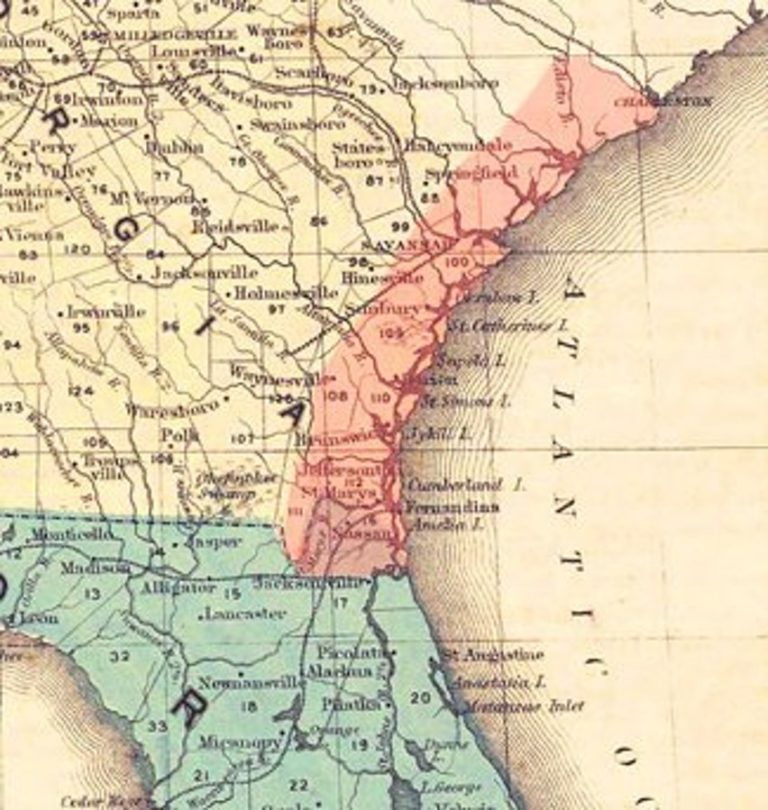Breaking: Something Historians Have Known Forever!

One of my biggest pet peeves as a historian is when news organizations take something historians have known basically forever and call it a breaking story. This happens a couple of different ways. One is how the Times or Post or other organizations will publish something from a political scientist or economist “proving” some point that historians have written about for decades. But the fetish about numbers is very real. DATA, bitches! The other is this kind of thing–when the media does their own “breaking” report that obviously steals from historians but doesn’t credit them and makes it sound like the media has done actual investigatory labor here instead of what they’ve actually done, which is read a couple of encyclopedia articles and rewrote it into a story.
A new investigative report reveals that while the federal government did grant land to the formerly enslaved after the Civil War, it also took that land back and returned it to white southerners.@IAmAmnaNawaz speaks to @AlexiaCampbell to learn more. pic.twitter.com/9gC2YpIjx6
— PBS News (@NewsHour) June 19, 2024
Wow, you mean the Johnson administration working with congressional Republicans who thought the principle of private property far more important than giving ex-slaves land overturned Sherman’s Special Order No. 15? Huh, who knew but every U.S. historian and, at least if they paid attention, every student I’ve taught over the years in U.S. History since 1877 (which I start in 1865 because it doesn’t make any sense to start in 1877) or my Civil War and Reconstruction course? Among other things, I also covered this issue in the Labor History series back in 2018.
Of course there’s lots of ways to talk about this. Our media should be teaching people about our history. But claiming that your “new investigative report” uncovered this thing, really stop it.
There should be a solid rule–anyone who talks about the past in any way should have a historian on board (or archaeologist when appropriate). There are other ways to understand the past, but talking to the people who actually spend their entire lives studying the past in all its context and weirdness need to be on board for any of this to make any sense.


